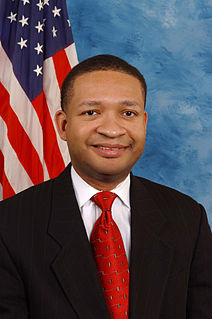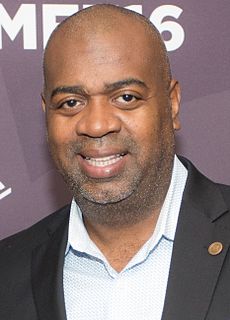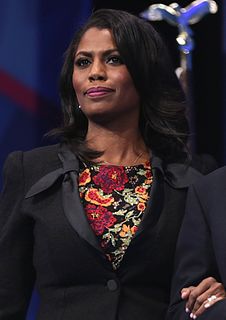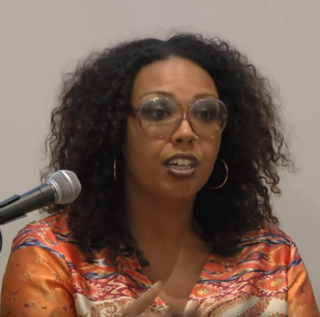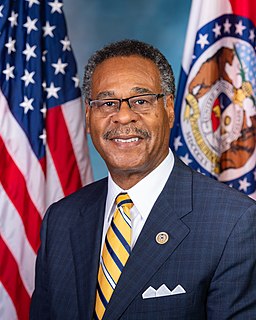A Quote by Michelle Alexander
Globalization and deindustrialization affected workers of all colors but hit African Americans particularly hard.
Related Quotes
The same would be true for something like Social Security, where historically, if you just read the law and the fact that it excluded domestic workers or agricultural workers, you might not see race in it, unless you knew that that covered a huge chunk of African Americans, particularly in the South.
Sure, there's a chunk of African-Americans out there who associate the Republican Party with racism, frankly particularly in the Deep South. It's an unfair perception, but it exists. Over a period time, that perception will die away if Republicans are focusing on issues that happen to impact African-Americans.


